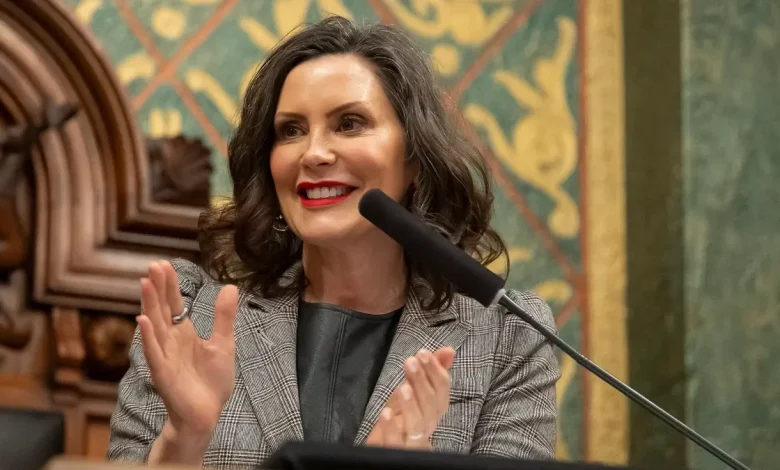Editorial: State should put end to political slush funds

Raise your hand if you think it’s not OK that Michigan’s governors can maintain multi-million dollar, secretive funds, raised from donors who don’t have to be disclosed to be spent for whatever purpose they choose?
Keep them up if you agree the Michigan Legislature should join other states that more stringently regulate such political non-profits or ban them altogether due to the potential for corruptive influence on policy-making.
Yeah. Us too. That’s why we’re asking state lawmakers to finally act in bipartisan accord to stop Michigan’s political leaders from operating the slush funds, which have already led to criminal investigations and charges here.
The Detroit News reported last week that Gov. Gretchen Whitmer’s Road to Michigan’s Future Fund raised $7.8 million last year, including $3.1 million from six secret donors who kicked in at least $500,000 each.
It is reasonable to assume such generous donors might expect considerations from the governor, but verifying that is nearly impossible because, while the amounts the contributors gave must be reported, their names remain secret. From other reports, The News has gleaned that past mega-donors included entities tied to Michigan’s regulated utilities, health care networks and realtors.
There’s little external oversight of how the nonprofits spend their cash, and nothing in place to prevent conflicts of interest in policy-making. Their boards are generally made up of political cronies.
The Whitmer-affiliated fund has collected $38 million over five years. While the Road to Michigan’s Future Fund told the Internal Revenue Service it’s mission is “to conduct educational research and analysis to inform the public on public policies and issues of concern,” most of the $4.5 million it spent in 2024 went to pay for travel, food and conferences, support Democratic-favored causes and maintain a high-priced staff largely made up of Whitmer’s former campaign staff.
Whitmer is term-limited and can’t run for reelection in 2026. But such spending could keep her relevant for a White House bid in ’28.
Michigan has been burned before by such political non-profits. Former Republican House Speaker Lee Chatfield is facing trial on charges of using his Peninsula Fund to enrich himself.
Attorney General Dana Nessel is among those urging reform, noting the contradiction that campaign donors must be disclosed, while slush-fund benefactors can remain unnamed.
Politicians have proven too adept at getting around existing disclosure rules. The fix is clear: A law that requires every dollar raised by an elected official or their supporters for any purpose must be reported, the donor identified and how it was spent detailed. Nonprofits controlled by elected officials should be banned. outright.
As Nessel says, “Obviously, if we have these dark money PACs and anonymous donors, then people don’t know who was influencing their decision.” We raise our hands in support of that.





